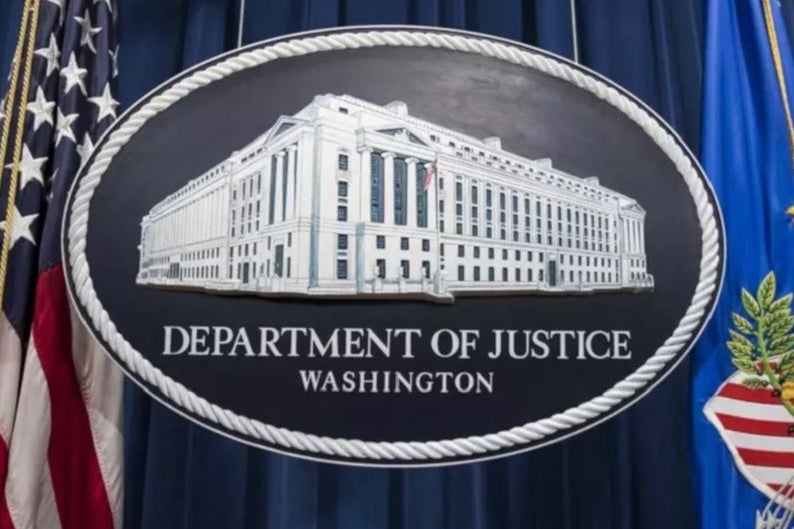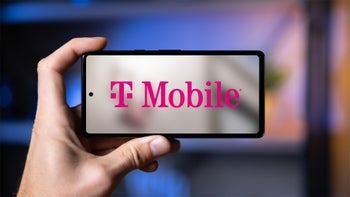Apple's legal fight with the DOJ is about to become a lengthy one
Judge denies dismissal of DOJ antitrust case, clearing the way for a trial with long-term implications

Apple's request to throw out the U.S. Department of Justice's antitrust lawsuit has been denied. This means the company will now face a full trial that could affect how it runs several of its services.
The DOJ filed the case in 2024 after years of concerns from companies like Spotify. The reason: the DOJ claims Apple limits competition by controlling access to its devices and services in ways that harm users and developers.
Since then, Apple asked the court to dismiss the case, saying the accusations were too broad and unclear. But in a recent development, U.S. District Judge Julien Neals has now ruled the case can continue. The trial could examine how Apple handles apps, messaging, digital payments, smartwatches, and more.
One of the DOJ's key concerns is that Apple's ecosystem makes it harder for other companies to compete. The case highlights things like Apple's control over Messages, limits on game streaming, and how Apple Watch connects to iPhones. Apple argues these decisions are based on privacy and security, but regulators believe they reduce user choice.
For example, Apple now supports RCS in the Messages app and will allow users to set third-party messaging apps as the default starting in iOS 18.2. But these updates came after years of pushback from competitors.

The U.S. Department of Justice is not letting up on the case against Apple. | Image credit — Reuters
Apple has also opened up some NFC features, allowing apps like Square to use tap-to-pay directly. Still, the DOJ might push for users to choose their own default payment app, something already required in the EU.
Smartwatch makers have also complained about limited access to iPhone features. While some third-party watches do work with iPhones, developers say the Apple Watch has special integration that's hard to match.
The lawsuit also brings up "super apps," which are all-in-one platforms that include messaging, banking, and app stores. Some companies say Apple's rules stop these kinds of apps from launching in the U.S., even though apps like WeChat are allowed in China.
According to Reuters, an Apple spokesperson stated that the company believes the lawsuit is wrong on the facts and the law, and thus will continue to fight this in court. The DOJ, however, declined to comment on Reuters' request.
Even though Apple has addressed some of these issues, it looks like the trial will still move forward. Furthermore, with U.S. regulators become more aggressive, I'd expect that it will take years to resolve, with appeals being very likely. Whether this case leads to major changes or just more oversight, it's clear that Apple's business practices will be under close watch for the foreseeable future.
Follow us on Google News














Things that are NOT allowed:
To help keep our community safe and free from spam, we apply temporary limits to newly created accounts: